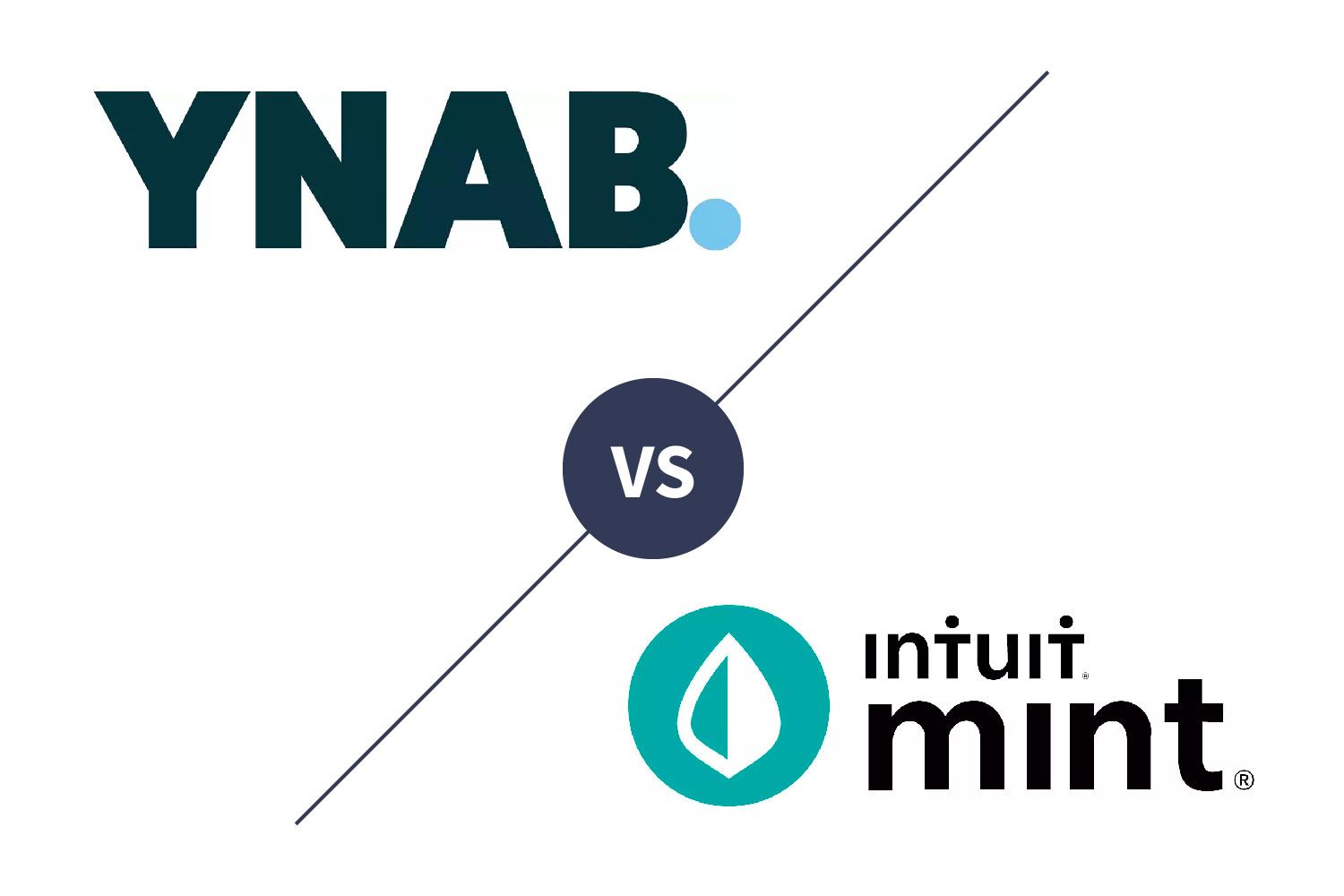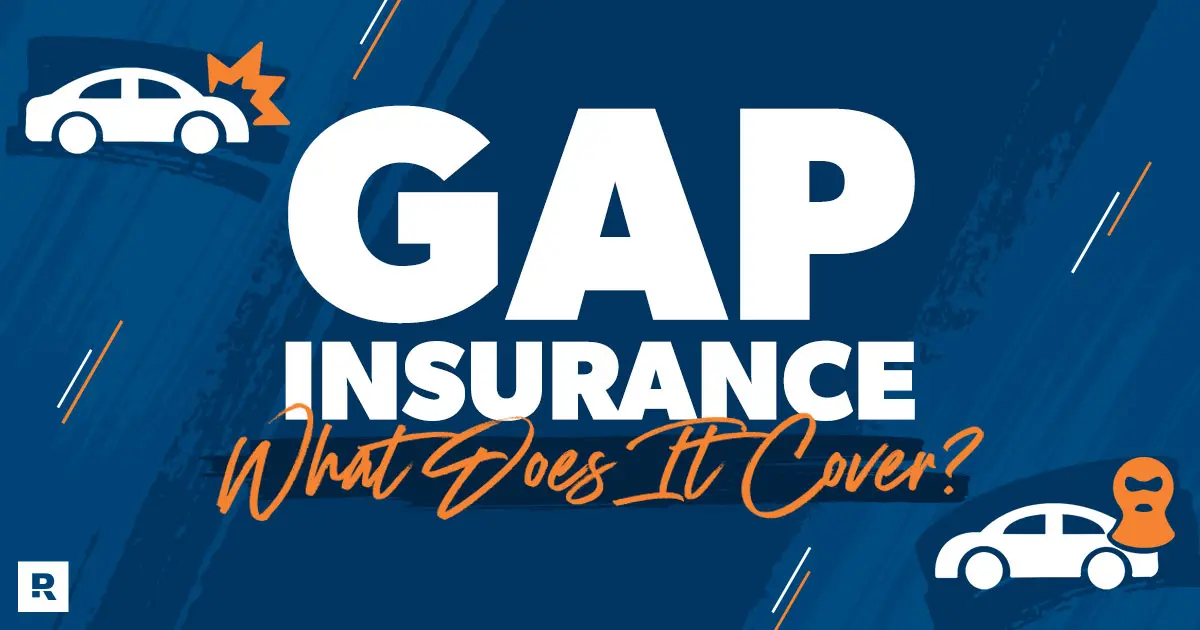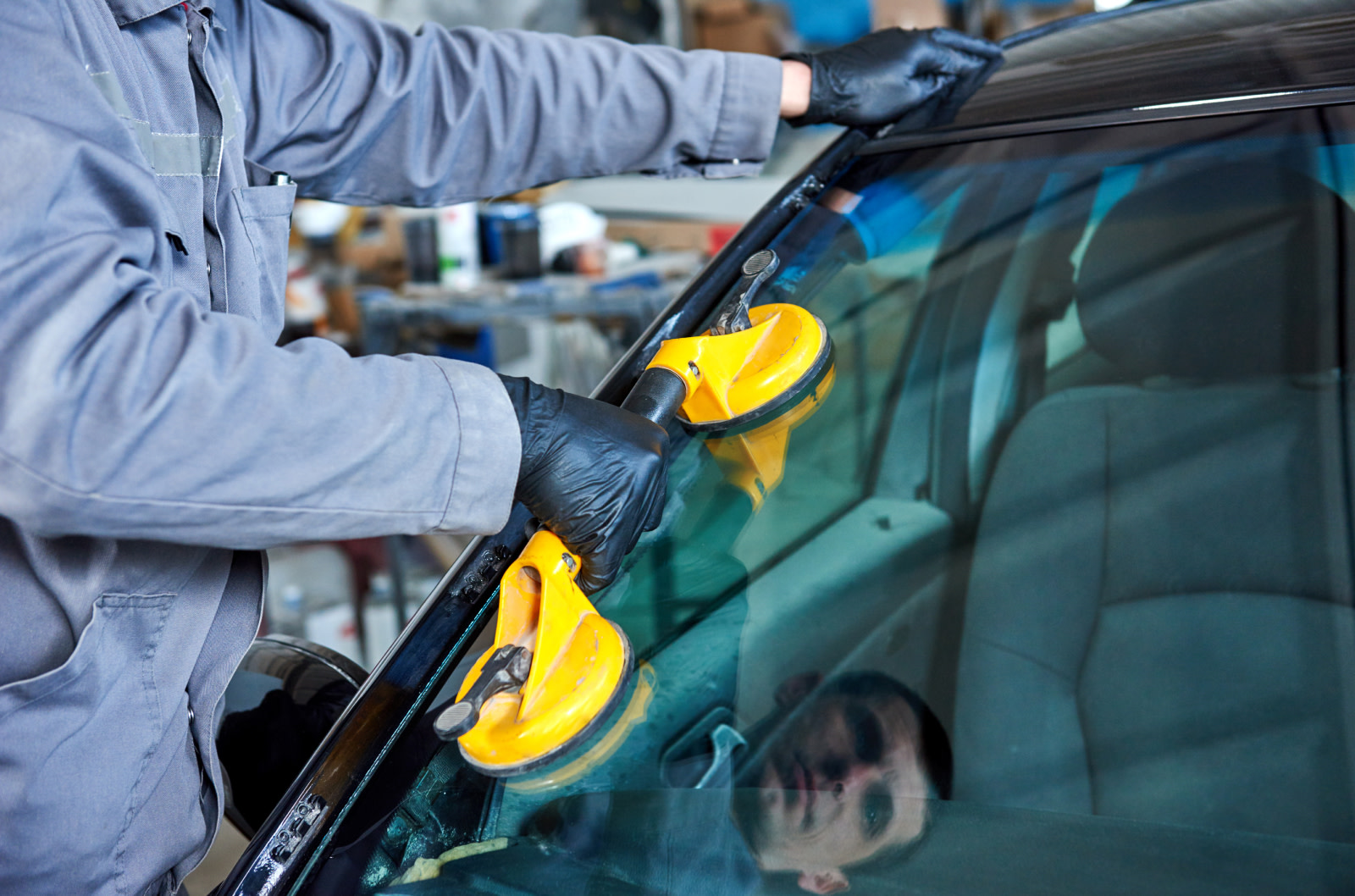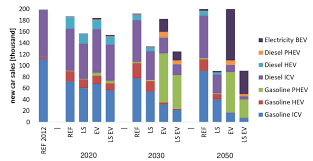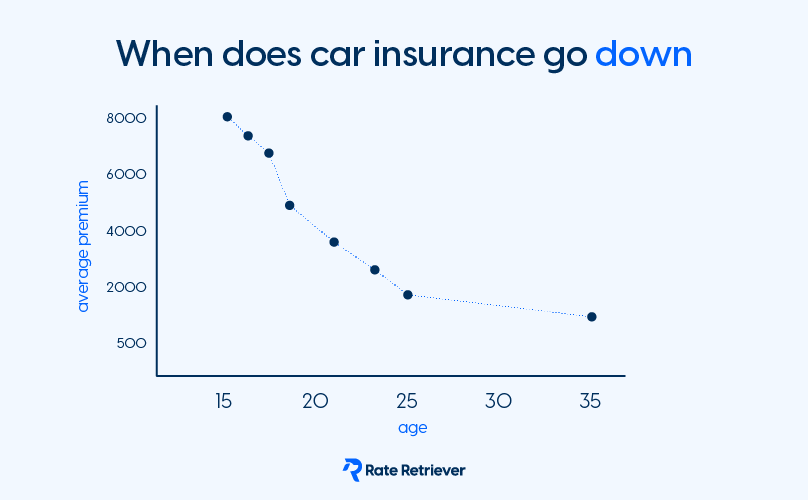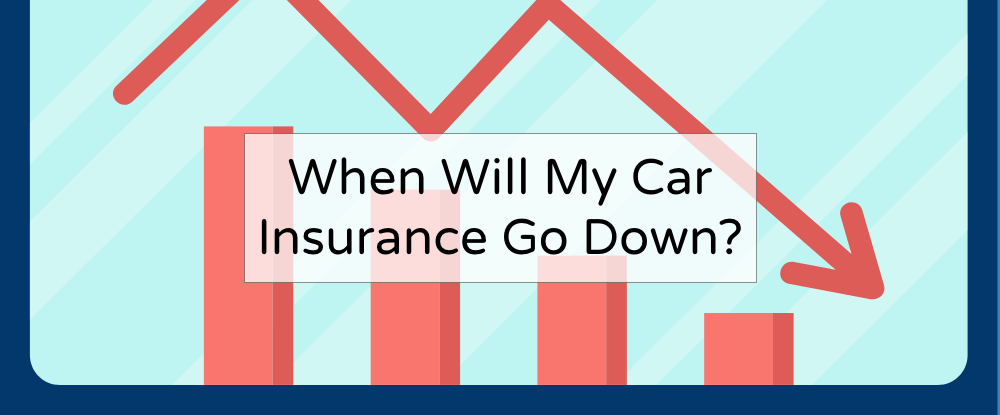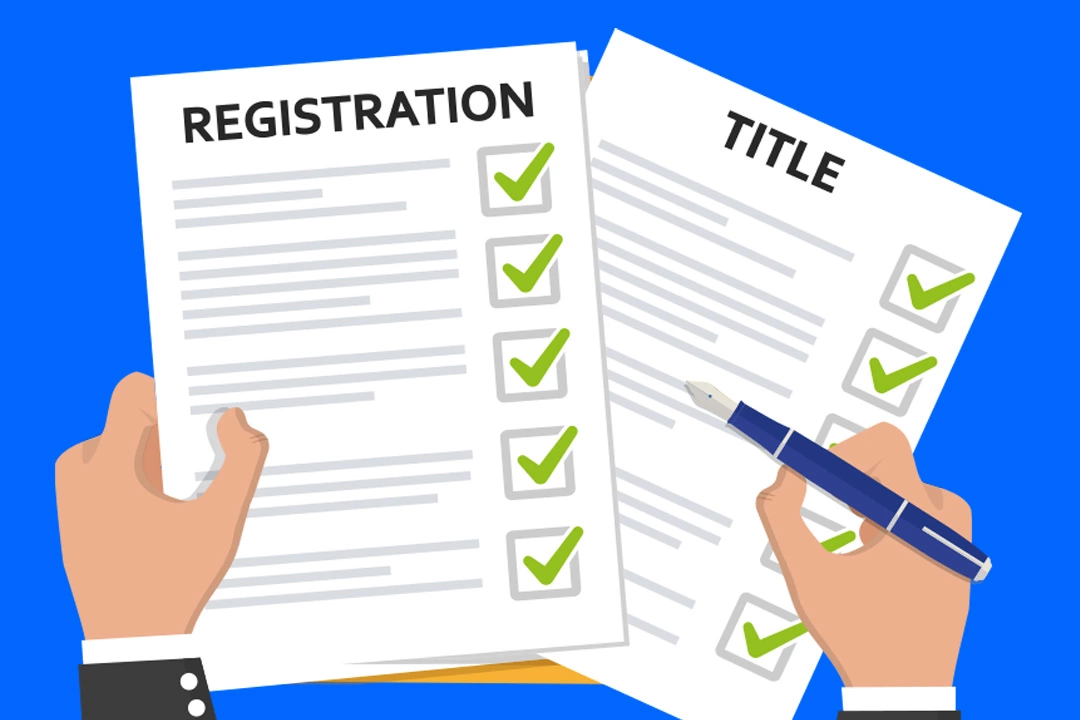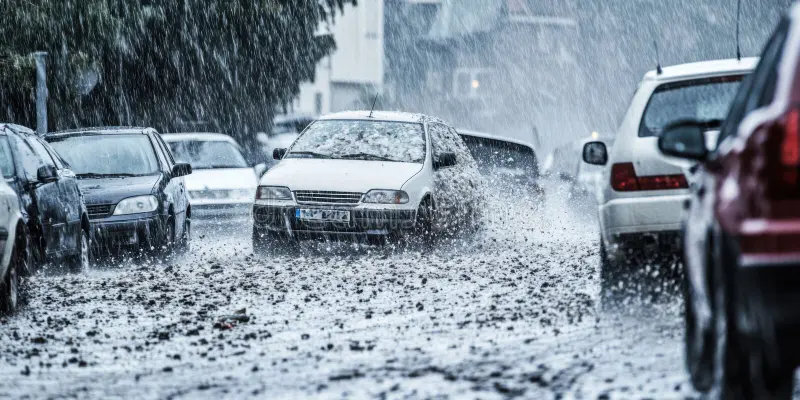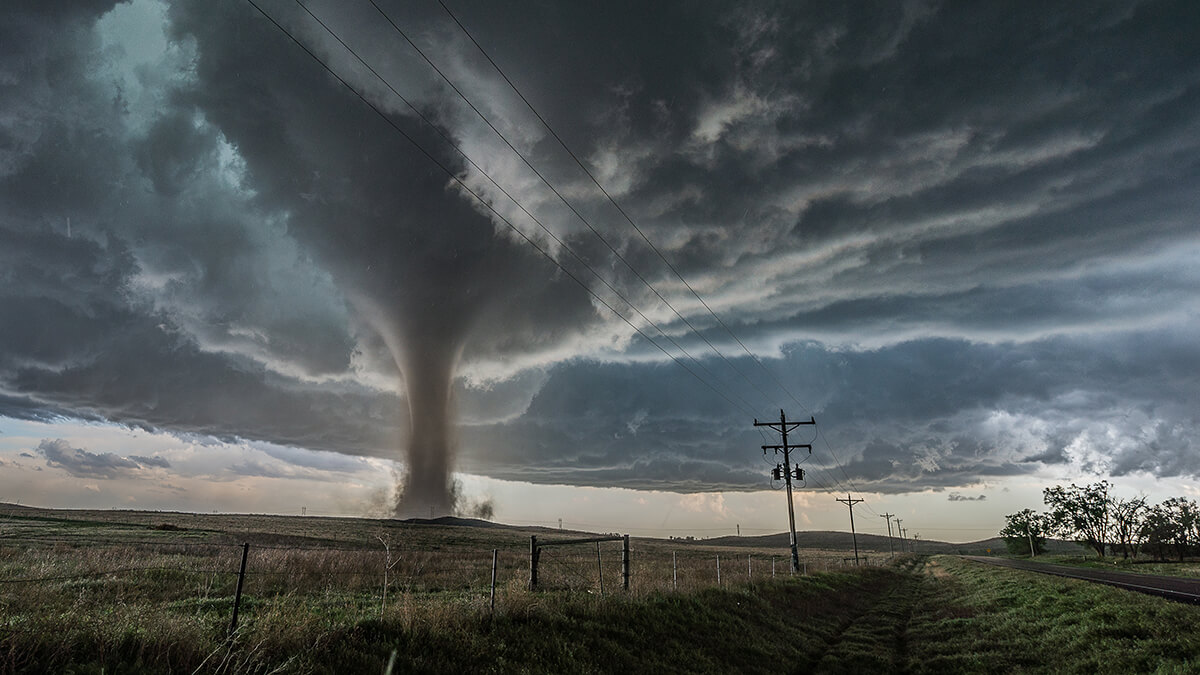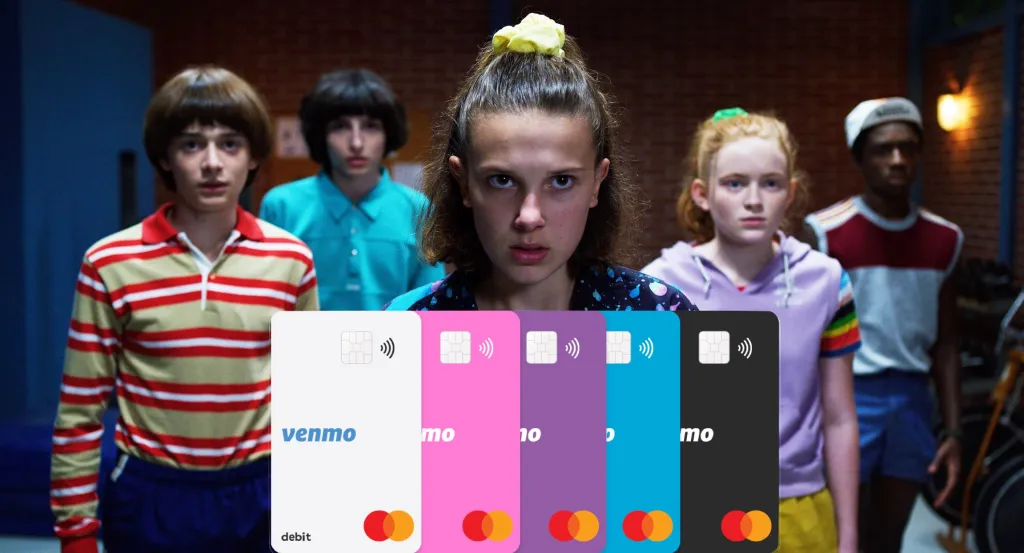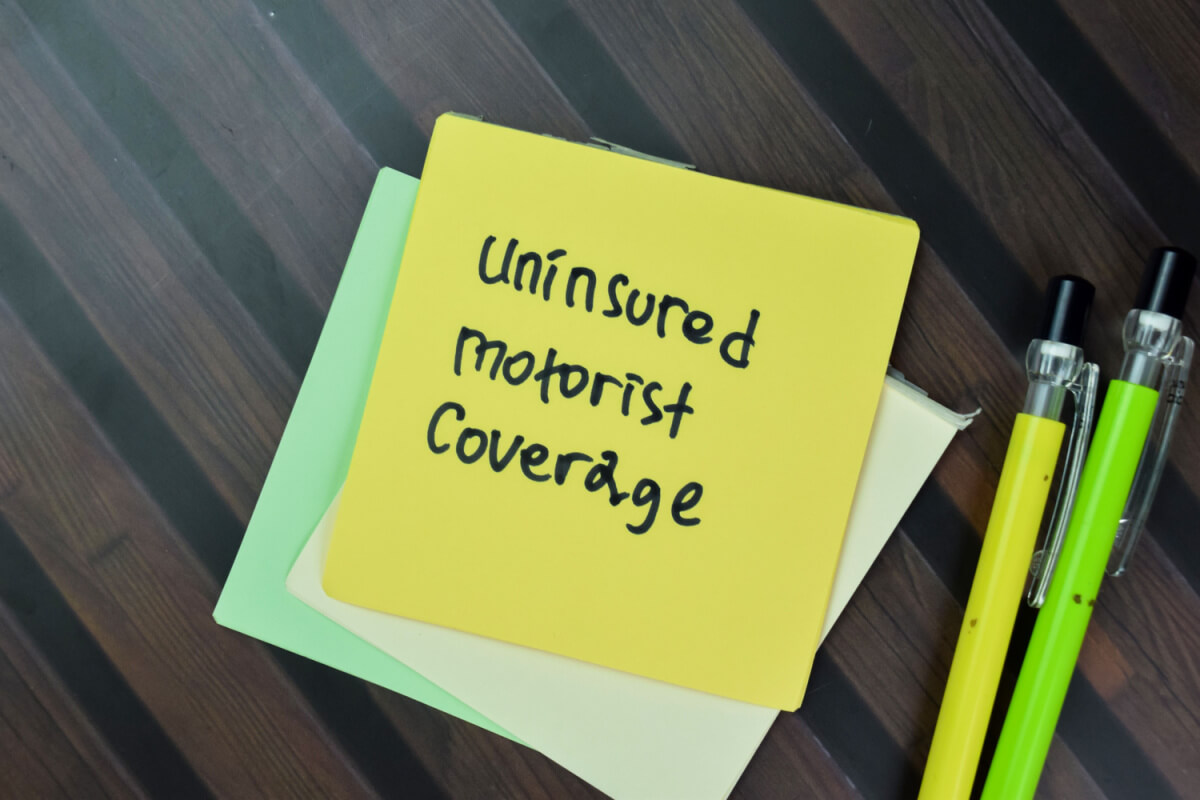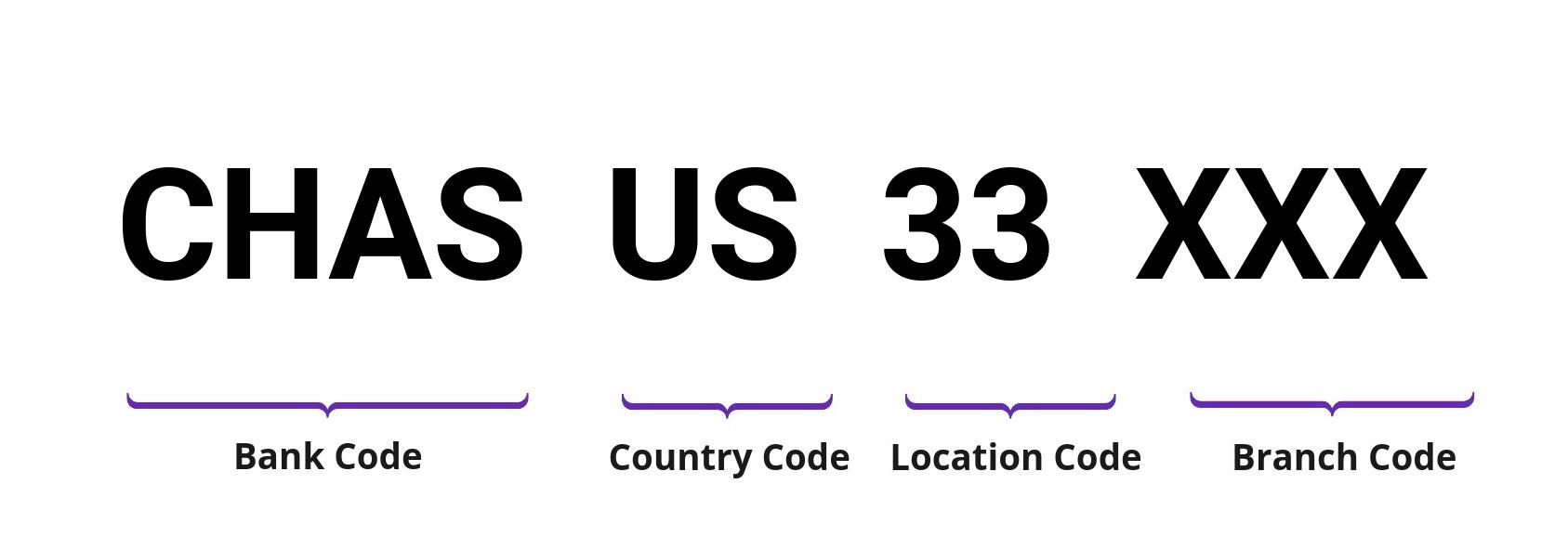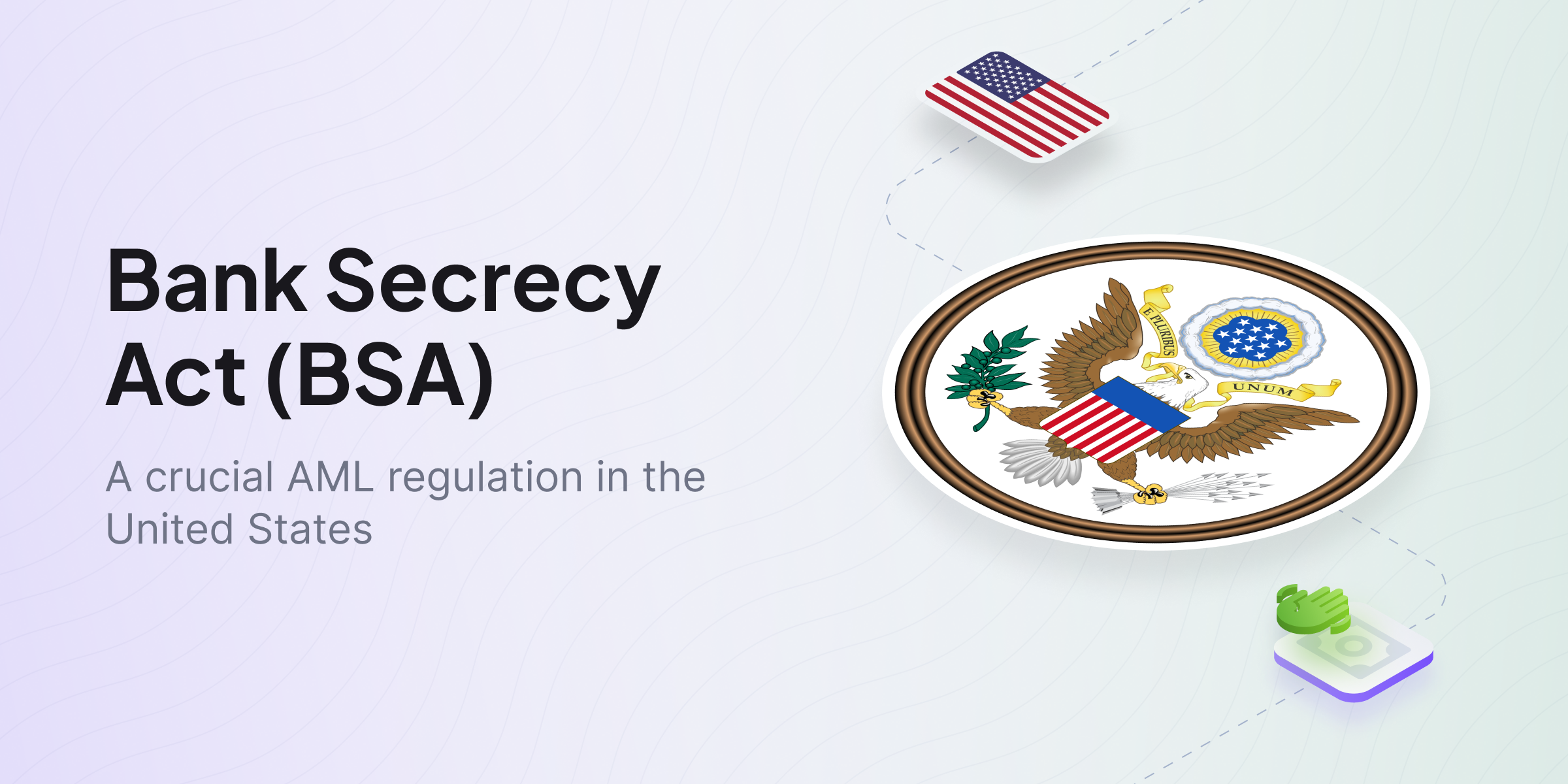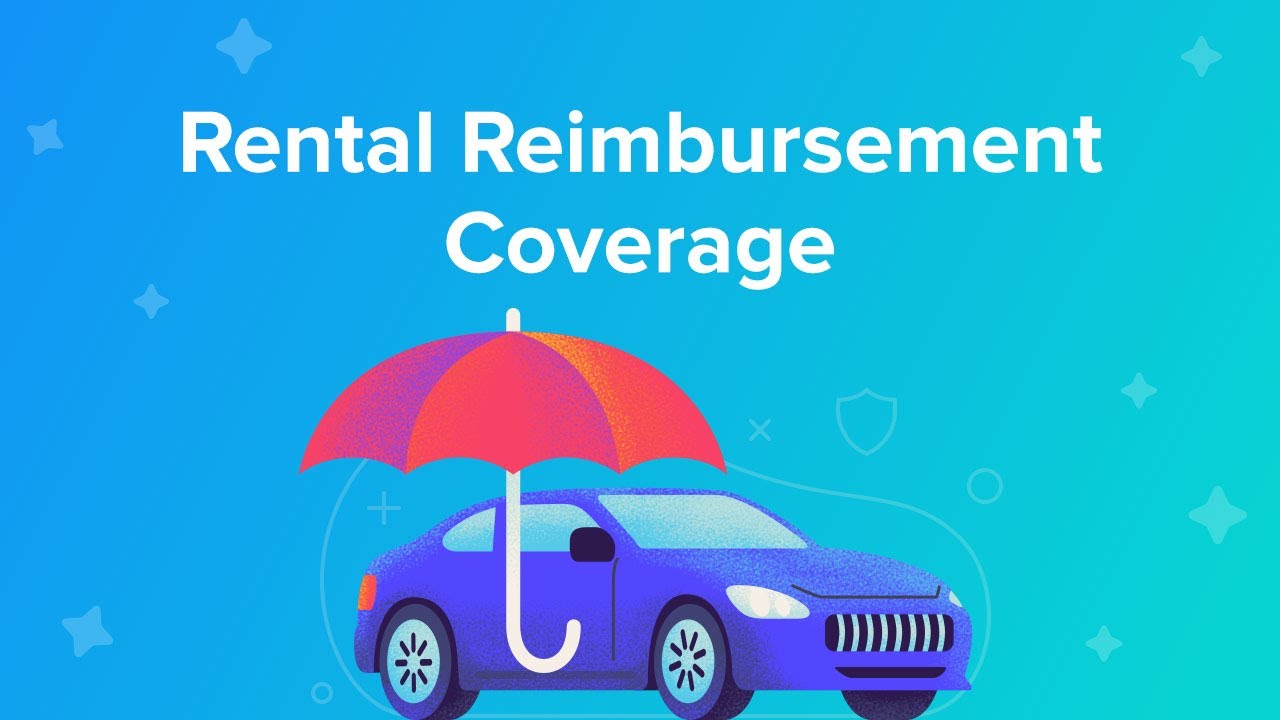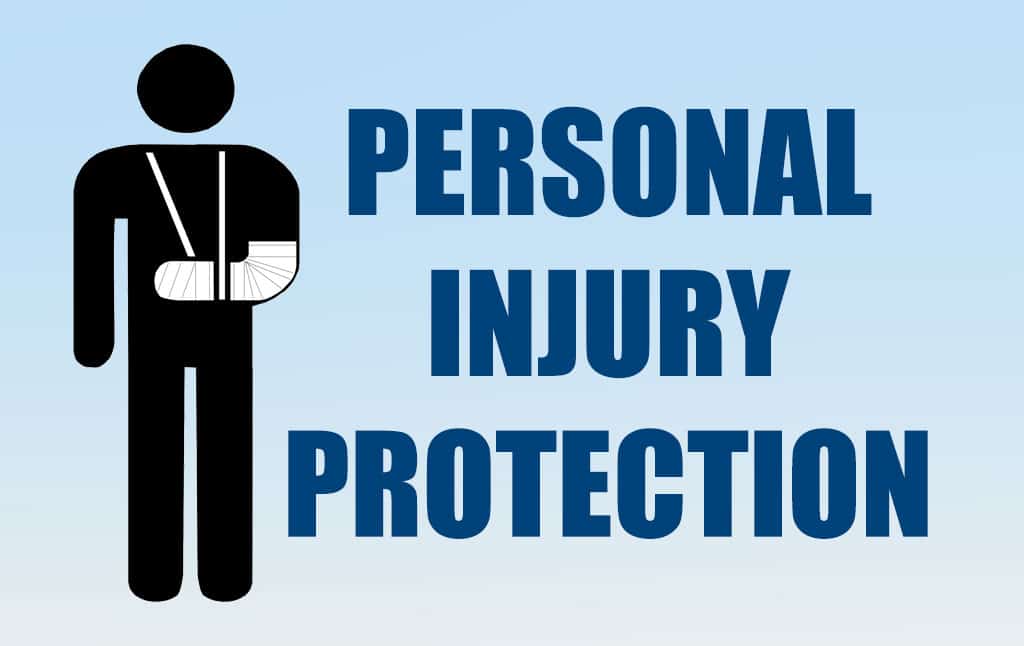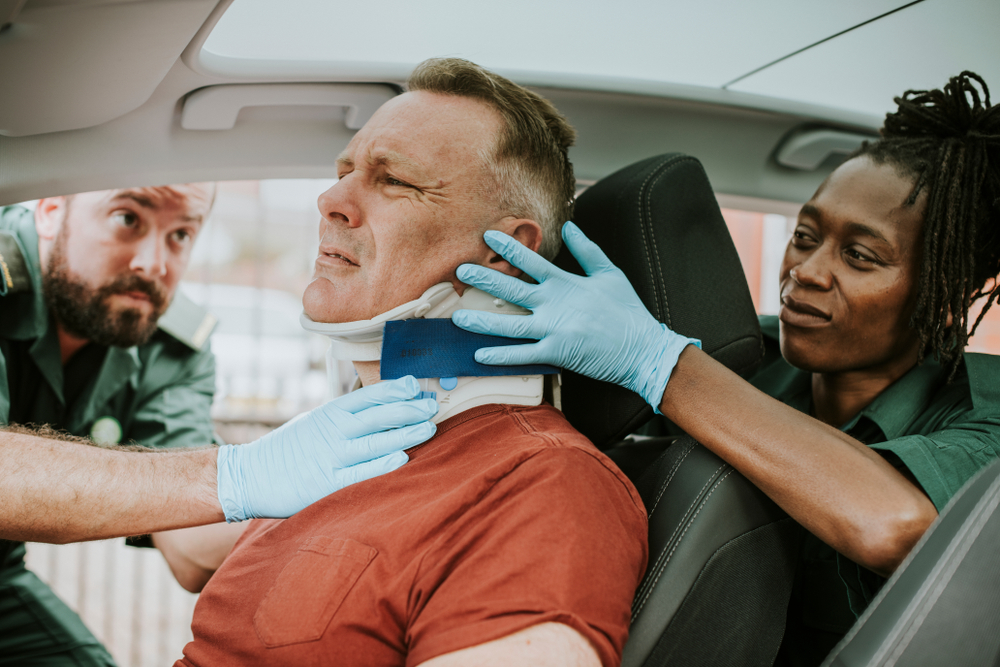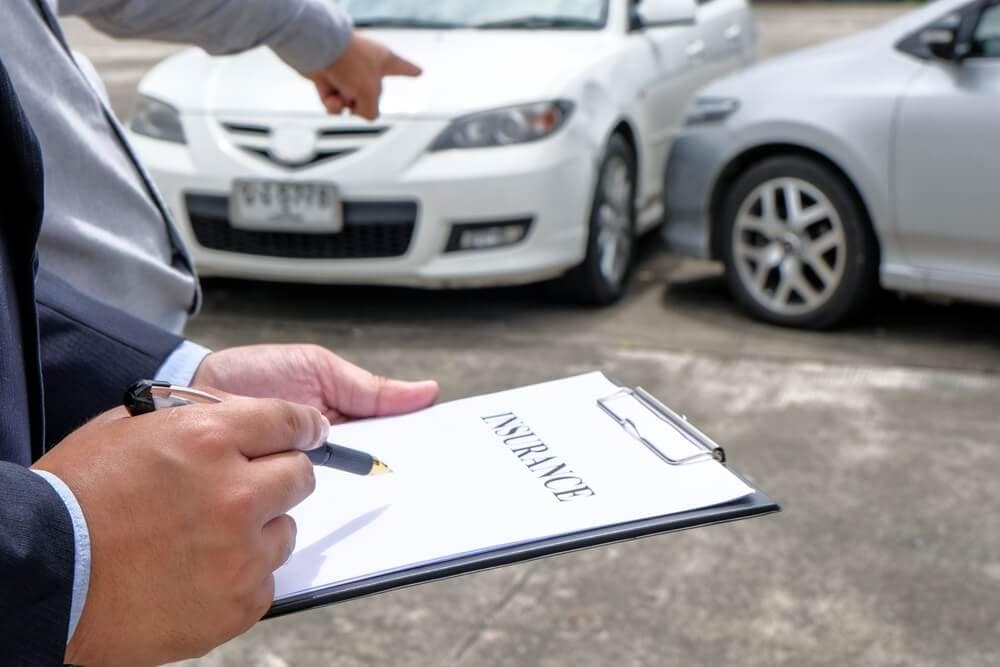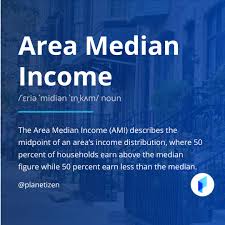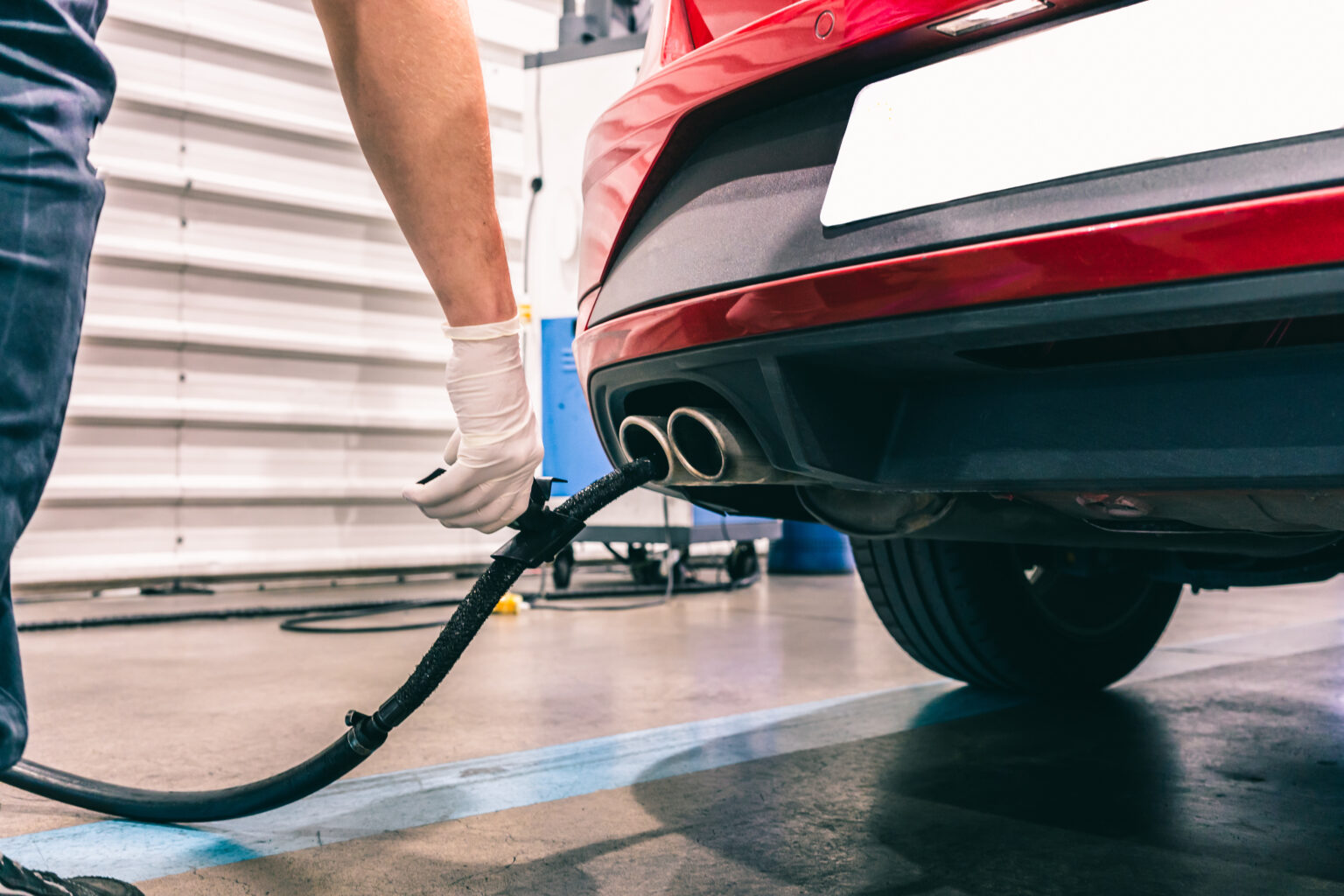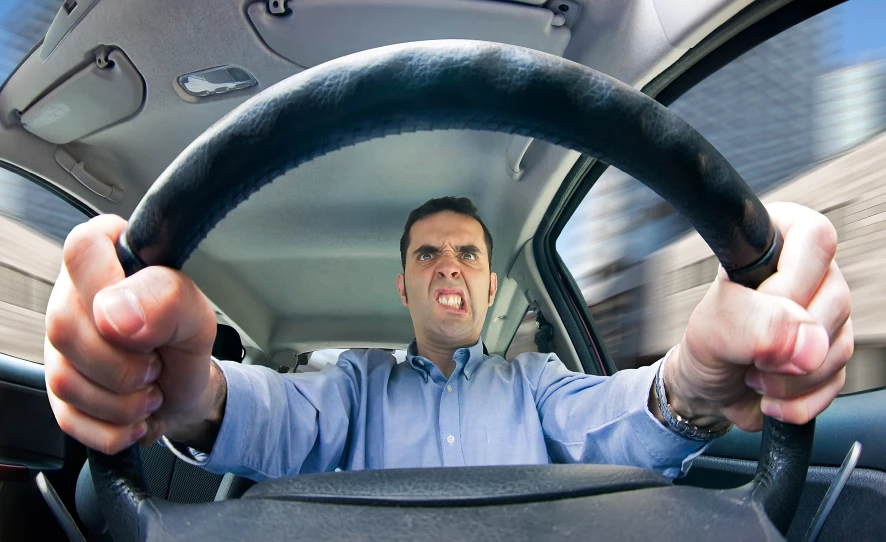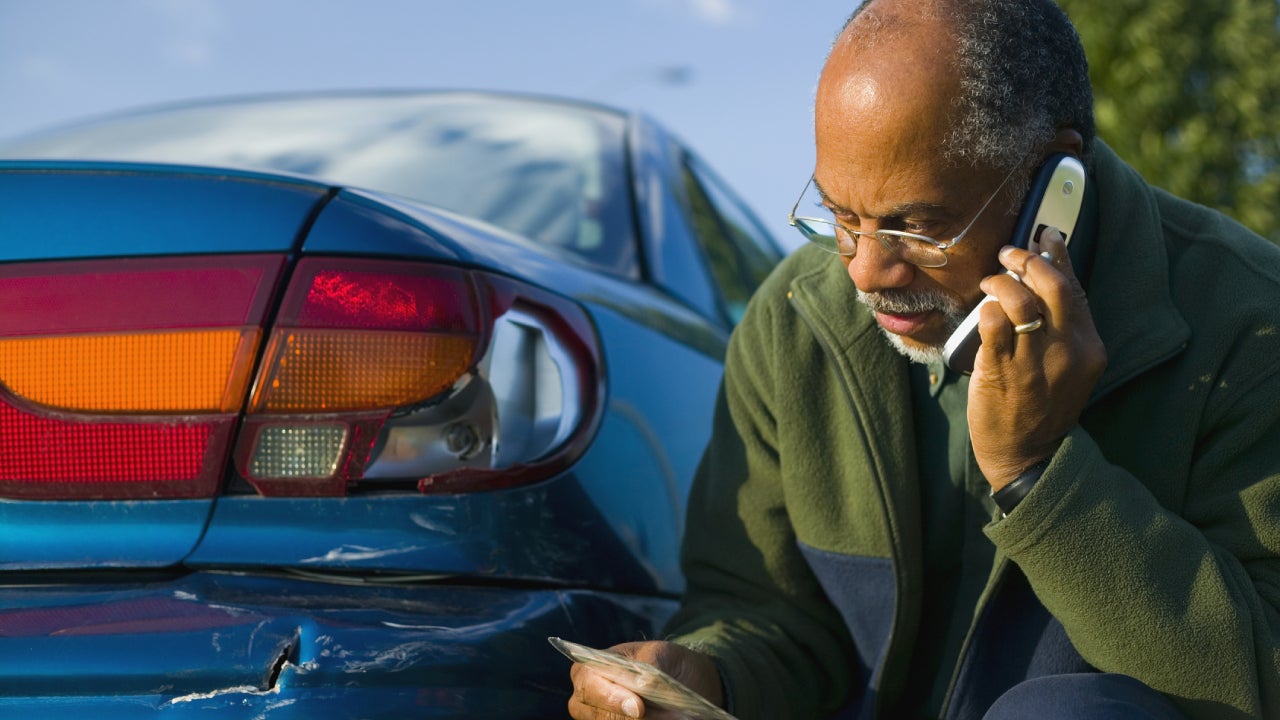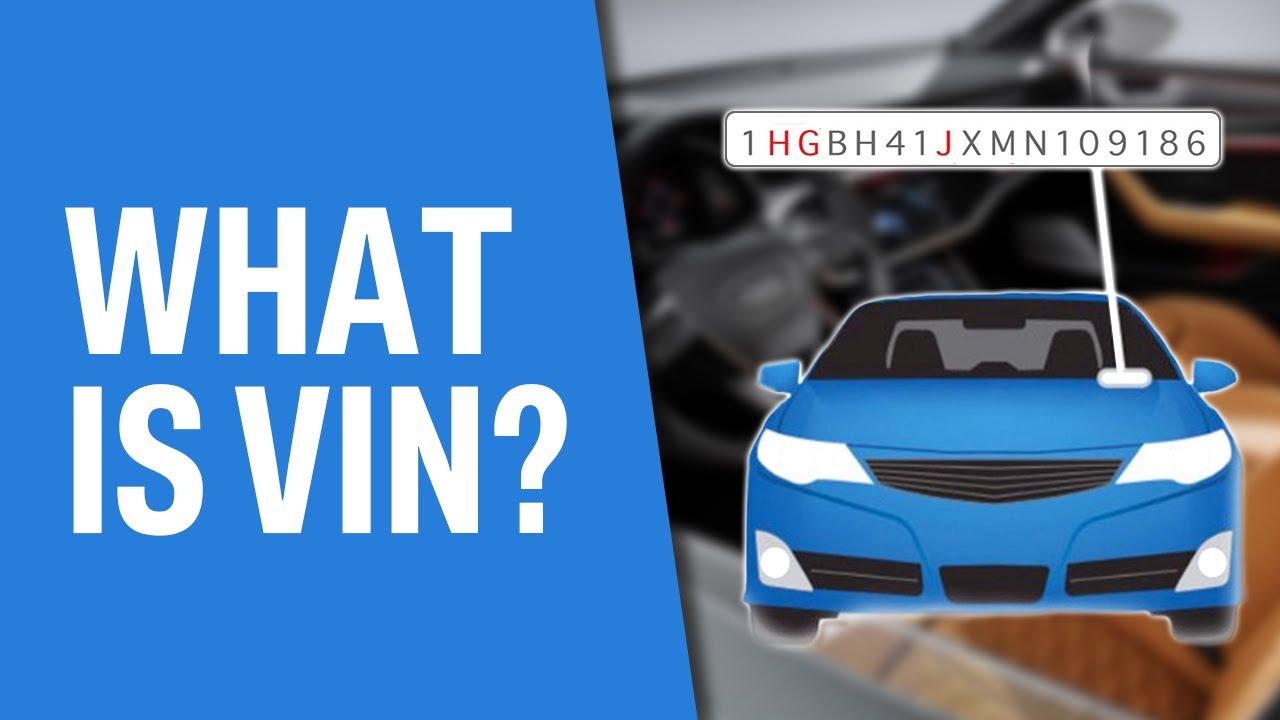Uninsured motorist (UM) coverage protects you if you’re involved in an accident with a driver who has no auto insurance. Its counterpart, underinsured motorist (UIM) coverage, covers you if the at-fault driver doesn’t have enough insurance to pay for the damages or injuries they caused. While UM and UIM coverage are mandatory in many states, they are highly recommended for all drivers. Hit-and-run victims can also file claims under UM coverage.
Why You Need Uninsured Motorist Coverage
Not all states require UM coverage, but driving without it carries serious financial risk. According to the Insurance Information Institute, about 13% of drivers nationwide don’t have insurance. In some states, over 20% of drivers are uninsured.
Without UM coverage, medical bills or vehicle repair costs may fall entirely on you. Even if you file a claim under your own policy, collision deductibles or limited personal injury protection may leave you with uncovered expenses.
States That Require Uninsured/Underinsured Motorist Coverage
- Illinois: Requires both UM and UIM coverage.
- New Hampshire: Requires UM/UIM if insurance is purchased.
- Massachusetts & South Carolina: Only require UM coverage.
Some states allow optional UM/UIM coverage, which you can still purchase to protect yourself.
What Does Uninsured Motorist Insurance Cover?
UM and UIM insurance can protect:
- Your injuries
- Passenger injuries
- Vehicle damage
Depending on your state, coverage may include:
- Uninsured Motorist Bodily Injury (UMBI): Pays medical bills for you and passengers.
- Uninsured Motorist Property Damage (UMPD): Pays for vehicle damage caused by an uninsured driver.
- Underinsured Motorist Bodily Injury (UIMBI): Pays medical bills if the at-fault driver’s coverage is insufficient.
- Underinsured Motorist Property Damage (UIMPD): Pays for vehicle damage caused by an underinsured driver.
Note: Some states require a deductible for UMPD/UIMPD, but UMBI/UIMBI usually has no deductible.
Hit-and-Run Coverage
UM coverage often applies to hit-and-run accidents. However, in some states, UMPD may not cover property damage from hit-and-runs, in which case collision coverage would be needed.
UM/UIM vs. Collision Coverage
- UM/UIM coverage: Pays for injuries and damages caused by uninsured or underinsured drivers.
- Collision coverage: Pays for damage to your car regardless of fault.
UM/UIM protects you from other drivers’ lack of insurance, while collision coverage protects you no matter who caused the accident.
Do You Need UM/UIM If You Have Health Insurance?
Health insurance may cover some accident-related medical expenses, but UM/UIM coverage offers advantages:
- Covers passengers without health insurance.
- Pays lost wages and other accident-related damages.
- Usually has no deductible, unlike many health insurance plans.
How Much Uninsured Motorist Coverage Do You Need?
- Bodily injury coverage: Match your liability coverage limits. Example: $50,000 per person / $100,000 per accident.
- Property damage coverage: Set a limit close to your vehicle’s value, especially if you don’t have collision coverage.
Getting Uninsured/Underinsured Motorist Coverage
- New Progressive customers: Get a quote online or call 1-866-749-7436 to add UM/UIM coverage.
- Current customers: Log in or call 1-866-749-7436 to update or increase coverage limits.
